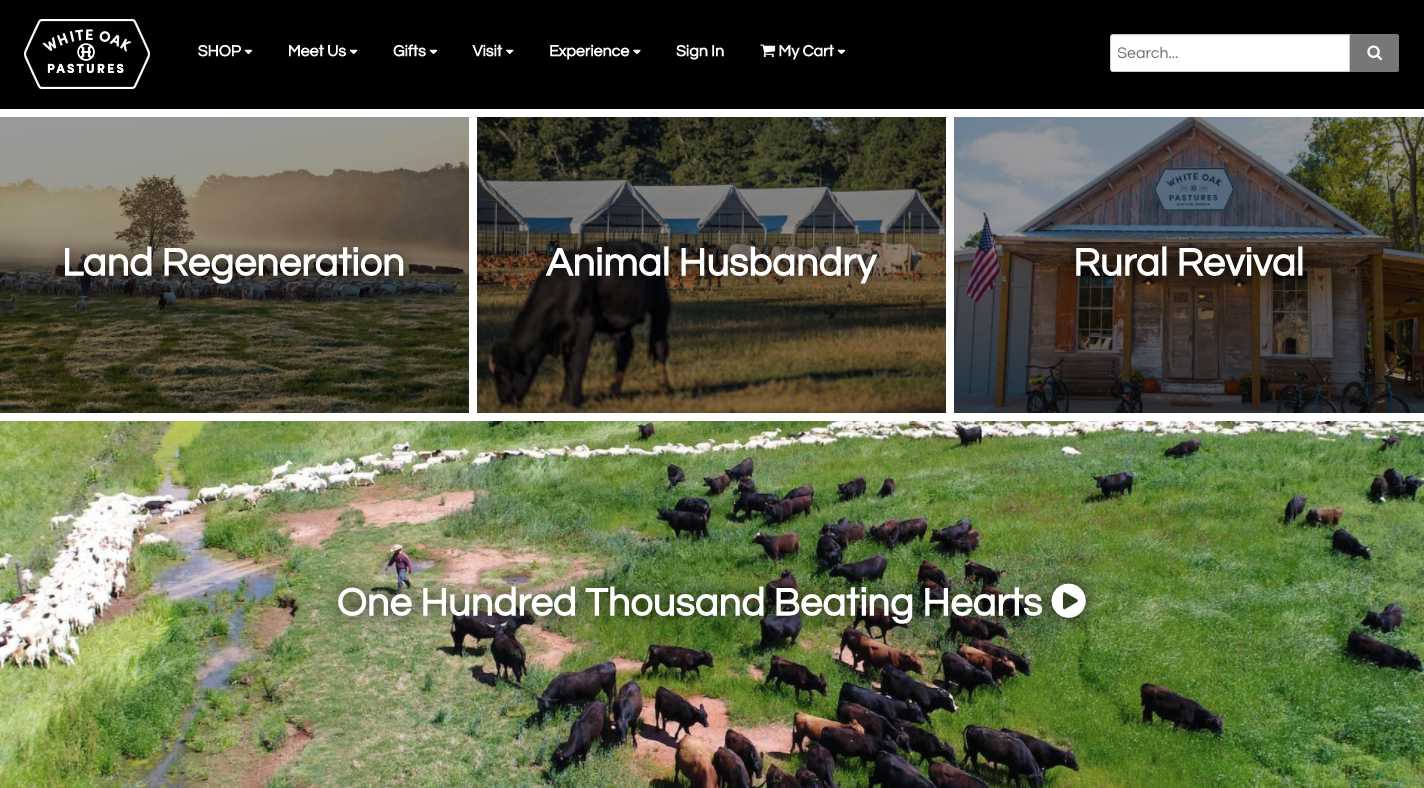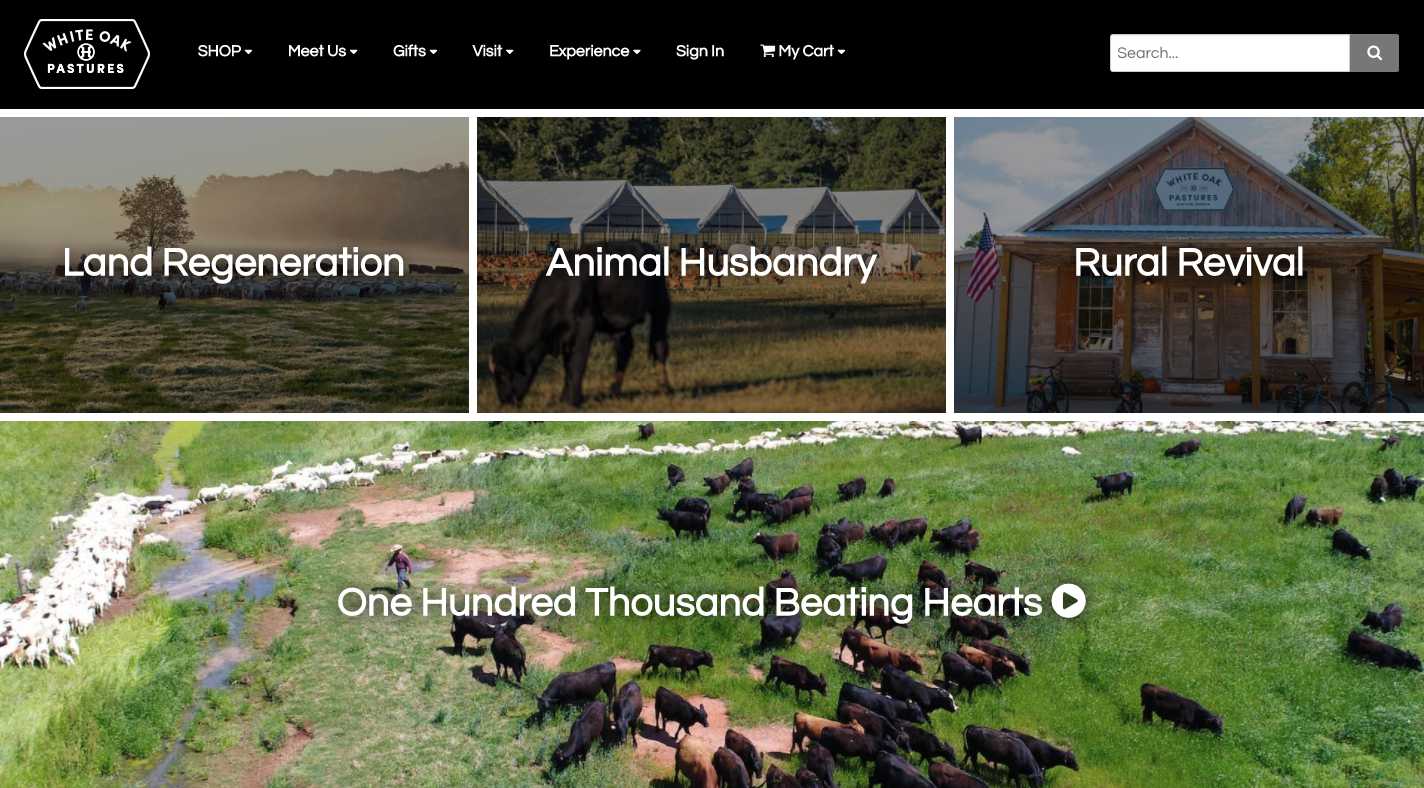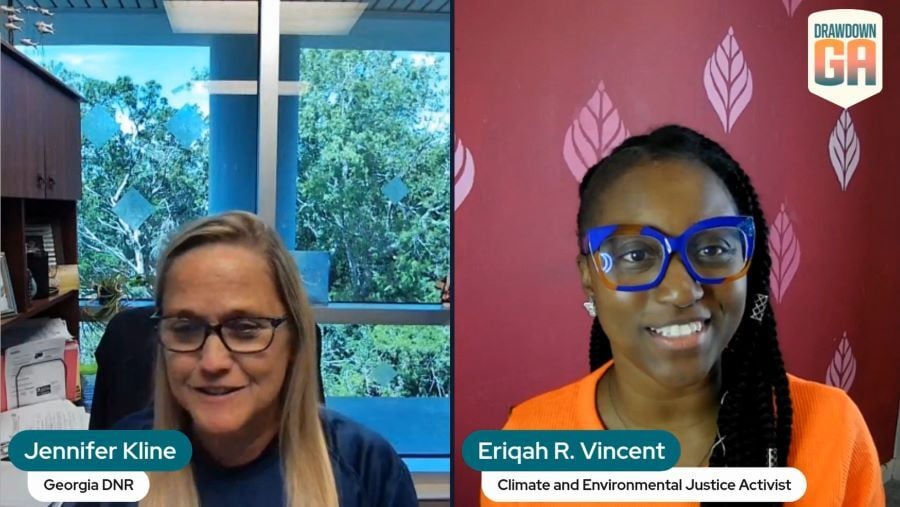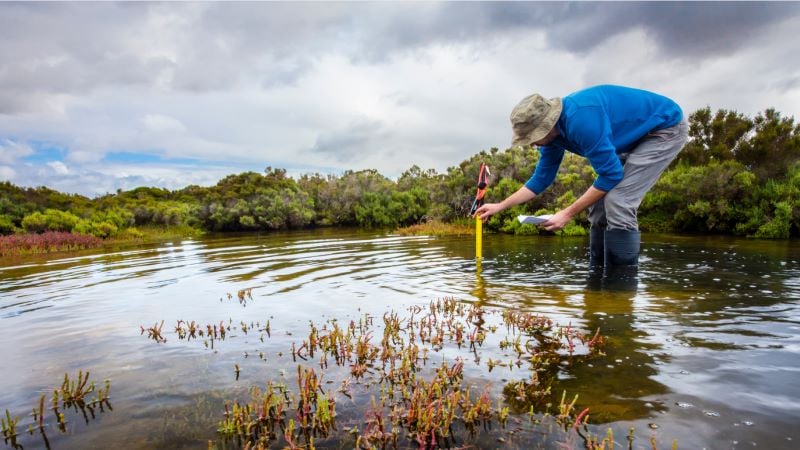Almost everyone these days has been educated that carbon emissions from industrialized beef production are a startlingly large contributor to man-made climate change. Luckily for meat-eaters, scientists at Quantis, one of the world's most respected environmental research and design firms, were not convinced that was the full story.
Quantis conducted a Life Cycle Assessment on beef raised by White Oak Pastures to analyze the farm's overall greenhouse gas footprint. The study included enteric emissions (belches and gas) from cattle, manure emissions, farm activities, slaughter and transport, and carbon sequestration through soil and plant matter.

The research team was so astounded by White Oak Pastures LCA that they called in academics from other universities and institutes to confirm the methodology. Contrary to all conventional wisdom, not only about beef production but about consumption in general, Will's zero-waste farm operates on a "save more than you spend" carbon model. Instead of producing net emissions, his grass-fed cattle sequester more than they produce.
Read the complete press release from White Oak Pastures to learn all about the unprecedented results of this study.









